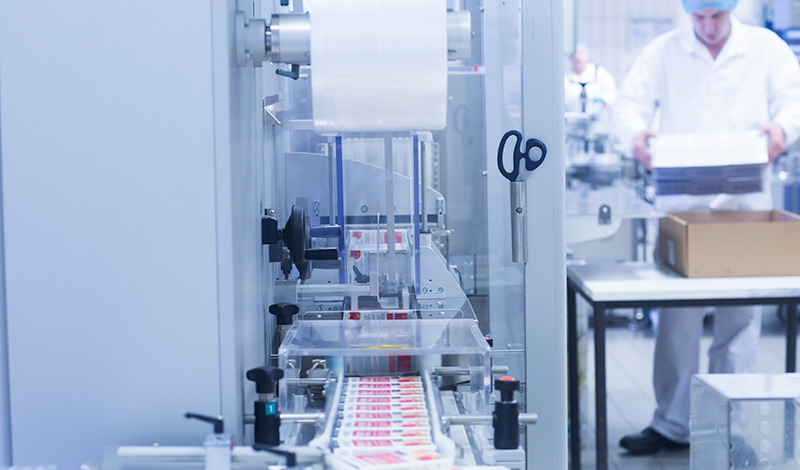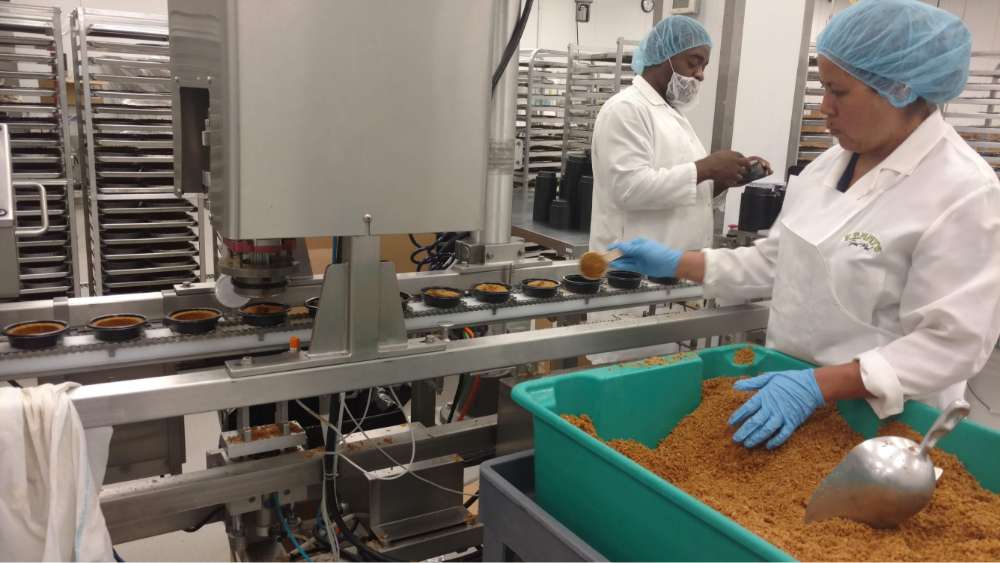
Regardless of the industry, all companies should adhere to certain regulations and quality standards as part of their operations. However, the food and pharmaceutical industries are more regulated than others, and for a good reason. The stringent regulation of both industries is vital for protecting public health and safety.
In this article, we’ll discuss the importance of quality control and regulatory compliance in food and pharmaceutical manufacturing.
Quality control (QC) is a process used by businesses to ensure that a product or service adheres to a set of a specific set of standards. A business can maintain or improve the quality of its products through good quality control and meet consumer demand.
Quality control requires a company to create an environment where senior management and employees strive for perfection. This is usually done by creating benchmarks for product quality and properly training employees. Additionally, QC is done thorough product testing to check for any noticeable differences.
On the other hand, regulatory compliance refers to a company’s adherence to a set of laws, guidelines, regulations, and specific requirements governing their industry. These requirements, laws, and specifications vary depending on the industry and line of business.
For instance, the specific regulations outlined for the pharma industry focus mainly on the manufacturing process and supply chain to protect public health and safety. These specifications differ from those governing the financial services industry, which mainly focuses on handling sensitive data and cybersecurity.
Regulations in the food and beverage industry apply to every phase of food and beverage production, manufacturing, processing, distribution, and selling. Food companies must be able to verify the quality and safety of their food products to the businesses they supply.
The following are the regulations that food and beverage companies must comply with:
1
Administered by the Safe Quality Food Institute, the Safe Quality Food (SQF) program is a food safety and quality program that provides a certification system covering all stages of the food supply chain. These include production, manufacturing, packaging, storage, and distribution. This program is recognized by retailers, brand owners, and food service providers globally.
The SQF food safety code for food manufacturing stipulates the proper requirements for processing dairy, meats, poultry, baked goods, seafood, snack foods, and beverages. To get an SQF certification, you must register on the SQF database, complete a training course, document the required SQF system elements, select a certification body, and schedule an audit.
An auditor completes the certification process for a given company and its products. Once your company has been audited, you’ll get a certification decision from the SQF certification body within 45 days. Only companies that attain a ‘C-complies’ rating or higher are usually awarded an SQF certification.
2
The Food Safety Modernization Act mainly focuses on preventing foodborne illnesses. This act gives the Food and Drug Administration (FDA) the authority to oversee and enforce supply chains on over 75% of domestic and imported food products. The other 25% is regulated separately by other regulatory agencies, such as the United States Department of Agriculture (USDA).
All food manufacturers whose products are regulated by the FDA must register twice annually and create a Food Safety Plan and Food Defense Plan.
3
The Food and Drug Administration (FDA) stipulates various details that must be included on food and beverage labels. The Nutrition Labeling and Education Act (NLEA) requires all foods and beverages to include nutritional information on their labels. Any claims of nutritional content or health messages on the food and beverage labels must be in compliance with NLEA.
This regulation also specifies where the respective labels should appear, the information to be included, and how the information should be gathered. For instance, the name of the food or beverage must be at least half the size of the largest print on the label.
4
HACCP is a management system created by the FDA to address and manage the issue of food safety from a physical, biological, and chemical standpoint. The implementation of this management system entails conducting hazard analysis, identifying critical points, setting critical limits, and establishing monitoring procedures. HACCP also establishes the corrective actions and verification procedures to be followed by all stakeholders.

The controls and checks established in the pharma industry are more stringent than most industries. They ensure that all pharma manufacturers produce every medicinal product with a higher degree of precision to guarantee consumer safety.
These regulations include:
1
GMPs are a set of rules and guidelines that require pharma manufacturers, processors, and packagers to follow the necessary steps to ensure that medicinal products are safe, pure, and effective. These guidelines cover all aspects of product development, including raw materials, production processes, equipment, personal hygiene, packaging, labeling, storage, and staff training.
The United States, the United Kingdom, Japan, India, China, the World Health Organization (WHO), and various European countries have their own set of GMPs. Pharmaceutical companies’ compliance with GMPs ensures quality, consistency, and safety in the manufacturing and distribution of medical devices or products.
2
The labeling regulations requirements for medicinal products are much stricter than those for other products. In fact, the FDA requires pharma companies to follow extra steps to ensure that consumers get correct and factual information.
To meet the FDA’s latest regulations, pharma companies must ensure that their products contain the following details on their labels:
The following are the benefits a company stands to enjoy by upholding international standards in quality control and regulatory compliance:
Are you looking for an easier way to remain compliant with industry regulations? At Process Equipment and Controls (PEC), we have the experience, technology, and resources to help your company become OSHA-compliant in the shortest time possible.
Schedule a consultation with us today, and let us help you create a safe and healthy workplace for your employees.